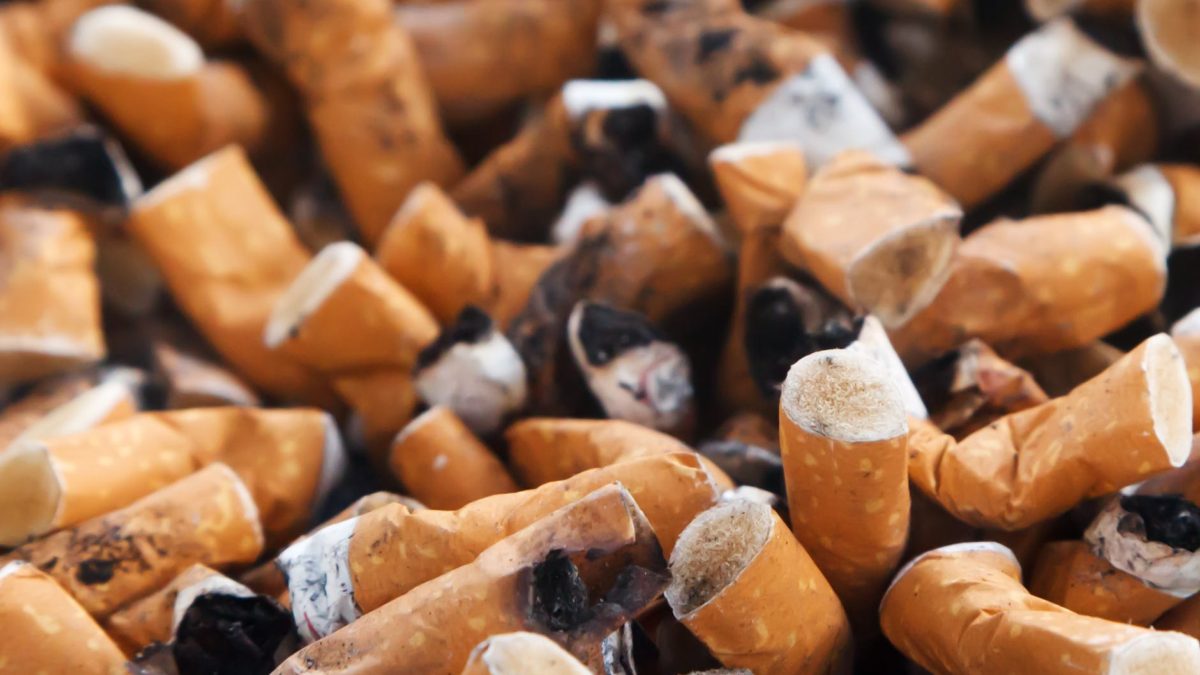What is oral cancer? Oral cancer may not be a form of this disease you’re familiar with, but its effects are just as devastating. The cancer itself – and the outcomes of the treatments that the patient may have to go through to beat the disease – will have different results.
Whether you’re a friend or family member of someone who has been recently diagnosed, you just want to find out more about this form of cancer, or you’re a patient yourself: here is some important that you may find useful.
Types of oral cancer
There are many different varieties of oral cancer. They include cancer of the lips, cheeks, tongue, palate, floor of the mouth, throat (pharynx) and sinuses.
Common symptoms include:
● Swelling, lumps, bumps or rough areas on the lips, gums or elsewhere inside the mouth
● White, red or speckled patches in the mouth
● Unexplained bleeding from the mouth
● Unexplained numbness, pain or tenderness, or loss of feeling in the mouth, neck or face
● Persistent sores that bleed easily and don’t heal after two weeks that are on the face, neck or mouth
● Sore throat, or a feeling of something caught at the back of your throat
● Difficulties with chewing, swallowing, speaking or moving the jaw or tongue
● Chronic sore throat, hoarseness or changes to your voice
● Changes in the way your teeth or dentures fit
● Dramatic weight loss
Treatment for oral cancer
There are three main treatments for these types of cancer: surgery, radiation therapy and chemotherapy. Surgery and radiation can be used either alone or together, and can be combined with chemotherapy. With surgery, the tumor(s) will be removed. At the same time, your surgeon may also perform a neck dissection to remove lymph nodes from the middle or side of the neck. This will determine if the cancer has spread and what further treatment you may require. Reconstructive surgery may also be required. Some patients may consider an oral cancer natural treatment. This may include using holistic therapies that are less, or non- invasive than other treatments, such as chemotherapy or radiation therapy.
Risk factors of oral cancer
There are a number of items that may increase your risk of developing oral cancer.
These may include:
● Smoking – you are six times more likely to develop oral cancer if you smoke cigarettes, cigars or pipes
● Tobacco users – even if you don’t smoke, but use tobacco in other ways (eg. chewing tobacco), you are 50 times more likely to be diagnosed with cancer of the cheek, gums or lip lining
● Excessive alcohol consumption – drinkers are about six times more likely to develop an oral cancer compared to non-drinkers
● History of cancer in the family
● Excessive sun exposure
● Human papillomavirus (HPV) – some strains are risk factors for developing oropharyngeal squamous cell carcinoma (OSCC)

Men are twice as likely to develop oral cancer than women, with men over the age
of 50 at greatest risk. More than 25% of all oral cancers occur in people who don’t
smoke and only occasionally drink alcohol.

















